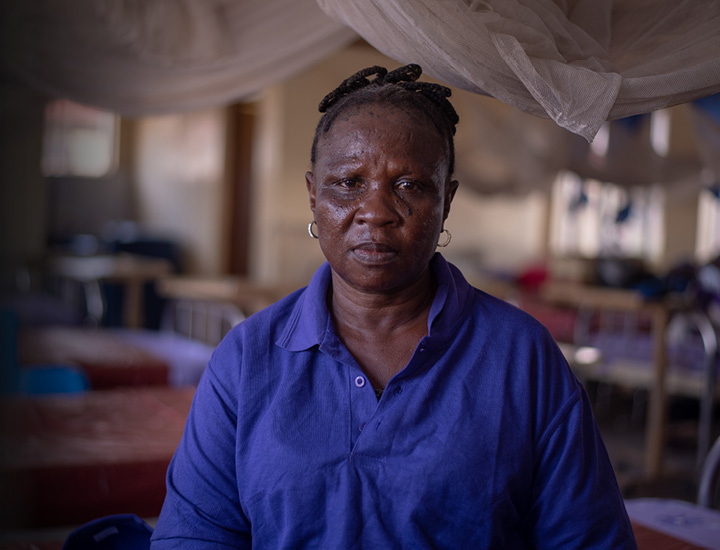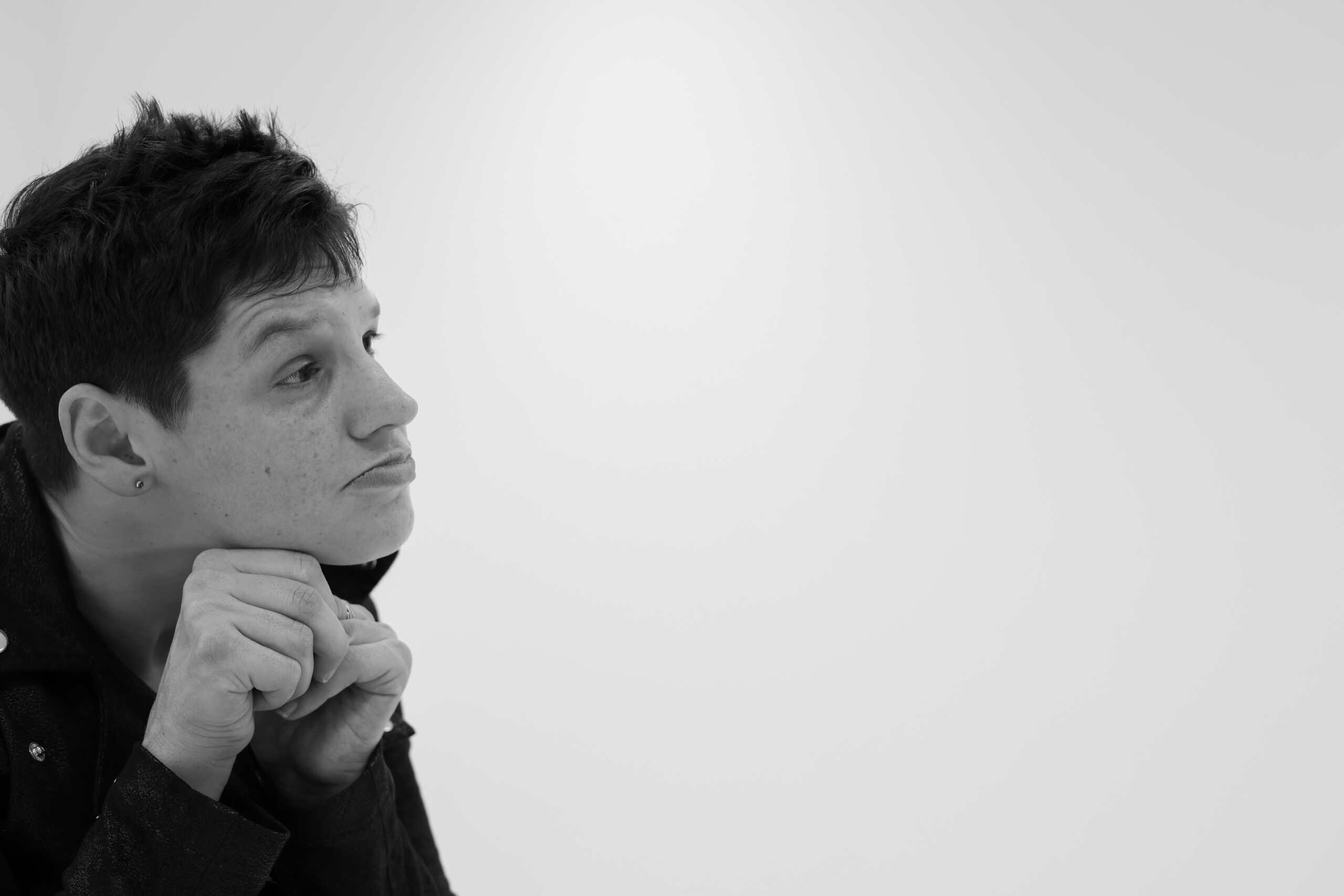Important day for Australia in leaving no-one behind in development program
Media-release, Stories | May 22, 2024
CBM Australia and the Australian Disability and Development Consortium (ADDC) warmly welcome the beginning of a new era of Australian support for the inclusion and rights of people with disabilities with today’s announcement of a new strategy to guide Australia’s development program.
In an opening address to the Australasian Aid Conference, Minister for International Development and the Pacific, Pat Conroy, this morning announced the development of a new disability inclusion and rights strategy to guide Australia’s Overseas Development Assistance (ODA). The Minister highlighted that disability inclusion must be at the heart of Australia’s development program and that Australia will seek to work more with local organisations.
CBM Australia, the ADDC, Organisations of People with Disabilities (OPDs) and other stakeholders in Australia and around our region have consistently called for the development of a new disability inclusion and rights strategy to guide development efforts for more than a year.
This news, coming in the lead-up to the International Day of People with Disabilities on 3 December, means those calls have been heeded.
CBM Australia’s CEO, Jane Edge, welcomed the announcement, stating that “Australia’s historic leadership on disability rights and inclusion in our development program has had a direct and tangible impact on many thousands of people’s lives. People with disabilities are often among the most marginalised and too often, are left out or left behind in development programs.
Today’s announcement by Minister Conroy signals that Australia will stand with people with disabilities, understand that they are the experts in their own lives and partner with them to help them reach their full potential.
“Advocating for a new strategy for disability inclusion in the aid program has been a critical feature of CBM and ADDC’s communication with Government over the past two years,” says Jane Edge.
Kerryn Clarke, Executive Officer of ADDC, adds: “We are keen to work closely with Government to ensure that the new strategy is informed by, and led by, people with lived experience of disability, OPDs and local partners. The key to a successful strategy that builds on the foundations of Australian leadership in disability inclusion will be significant and substantive consultations with the representative organisations of those most affected by the cycle of poverty and disability.
“Today’s announcement of a successor disability inclusion strategy is enormously welcomed and is just the beginning of what’s needed to rebuild Australia’s leadership on disability inclusion and rights. We look forward to sustained and increased funding year-on-year; ambitious targets on disability inclusion in the new overarching development policy; and increased consultations and partnering OPDs in our region.”
Australia’s international leadership on disability inclusion and rights is long-standing. In 2009, Australia became the first donor country to have a standalone strategy for disability-inclusive development. This strategy was followed in 2015 by the more ambitious Development for All 2015–2020, furthering Australia’s commitment to including people with disabilities. This provided the basis for Australia’s global leadership, along with consistent core funding of around $12.9 million per, and strong, visible international advocacy and influencing.
From this strong foundation, however, there had more recently been a decline in funding and a lack of strategic direction, with the Development for All having expired at the end of 2021, leaving a major policy gap.
This announcement comes on the back of the Government’s decision to reverse the cuts and restore the core disability funding in the October Federal Budget. These announcements signal disability inclusion as a renewed priority for the aid program.
This rebuild of Australia’s leadership on disability inclusion and rights in development efforts is critically needed and can’t come quickly enough. With the impacts of the COVID-19 pandemic still reverberating around the region and the increasing incidence of extreme weather driven by climate change, it is those already marginalised and excluded who are feeling the effects most harshly, and people with disabilities, perhaps most of all.
CBM Australia and the ADDC look forward to working with the Government, with Organisations of People with Disability in our region and with our community here in Australia to develop an ambitious and progressive strategy with rights and inclusion at its heart.
Jane Edge is Chief Executive Officer of CBM Australia and a member of the Board of the Australian Council for International Development (ACFID).
For media, contact Emma Hipango on EHipango@cbm.org.au
Kerryn Clarke is Executive Officer of ADDC. For media, contact Kerryn on 0452056808.
Sovaia Coalala (Sisi)
Soavia is the Gender Program Officer for Pacific Disability Forum in Fiji. She was previously the Disability Coordinator Facilitating the coordination of the provision of assistance and support services to persons with disabilities at the Fiji National University and earlier was President of the United Blind Persons of Fiji. Coalala holds a Bachelor of Education in Literature and Language from the University of the South Pacific and a double Masters in Commerce and Strategic Human Resource Management, from the University of Wollongong in Australia.
Sovaia is blind and is supported by her assistant, Rucila Coalala.
https://www.cbm.org.au/media-release/an-important-day-for-australia-in-leaving-no-one-behind-in-our-development-program
Related Stories

Week 3 – Lent Series 2025
The image of God; an invitation into solidarity Olubunmi remains isolated in her home. Outside, stigma awaits her. For 27 years she has kept her...

Week 2 – Lent series 2025
Lent, Solidarity and Lament “It’s like I’ve woken up in an alternate universe.” These words I have said a few times over the last three weeks....

Building a Just and Inclusive Future: Disability-Inclusive Disaster Risk Reduction and Climate Action
People with disabilities are among the hardest hit by...
